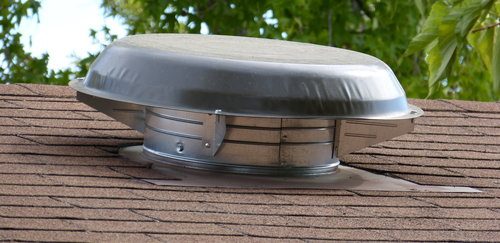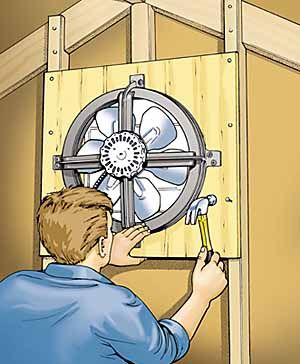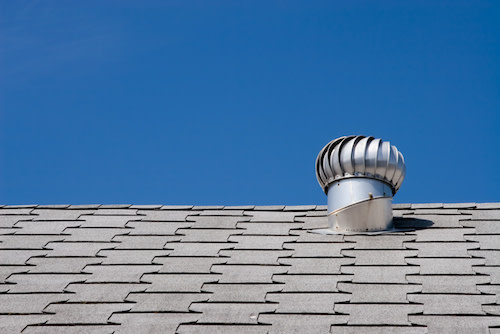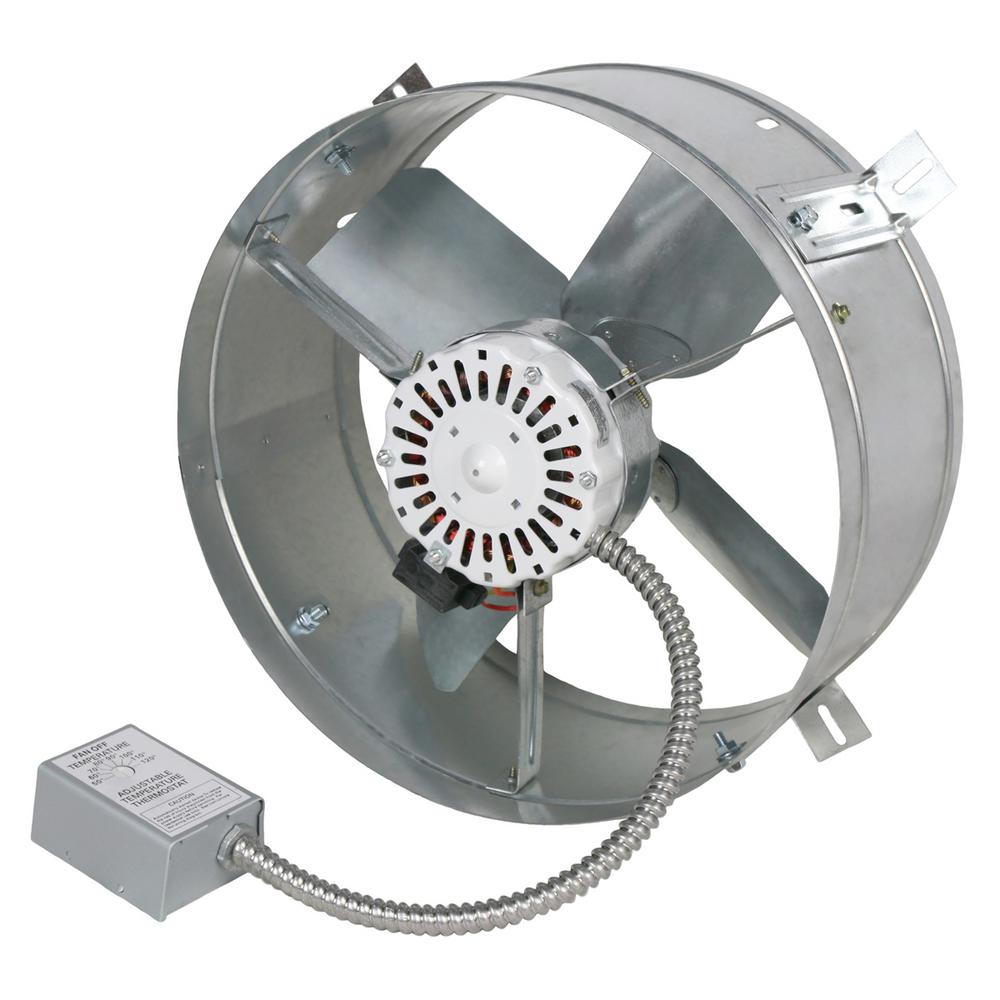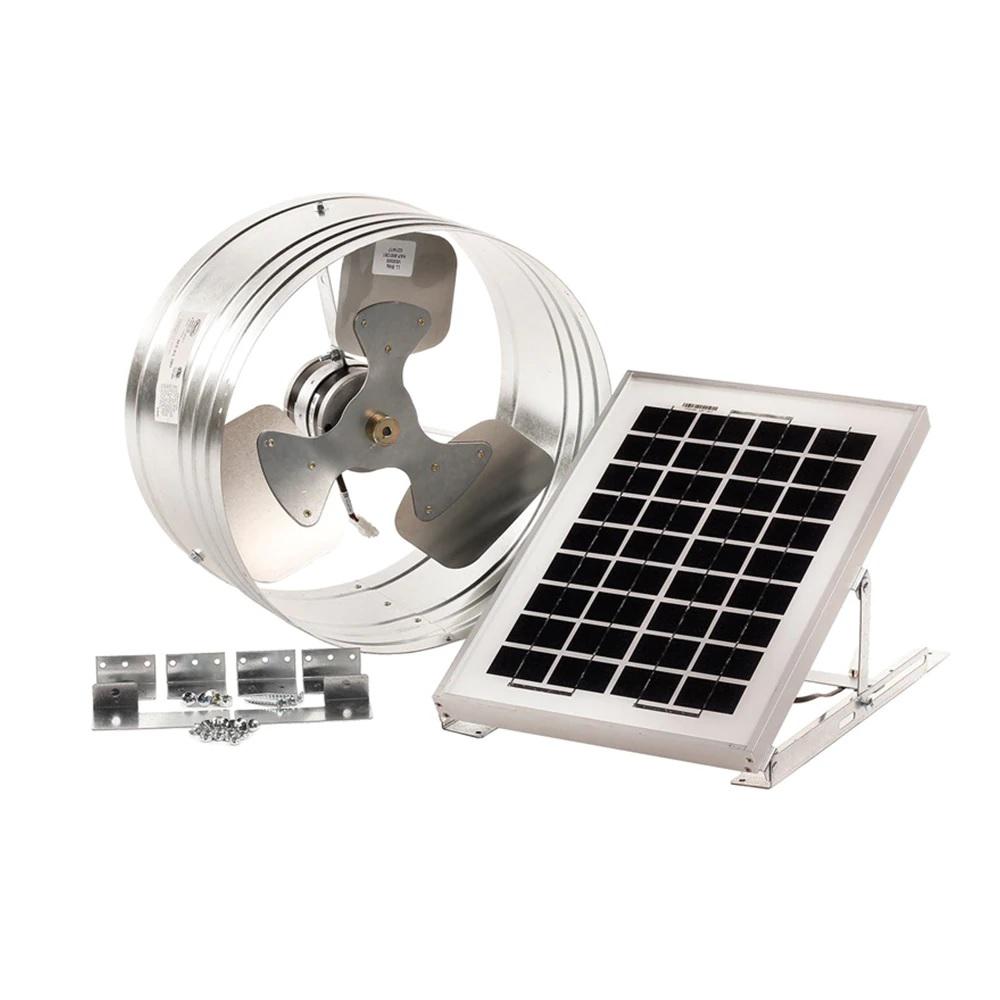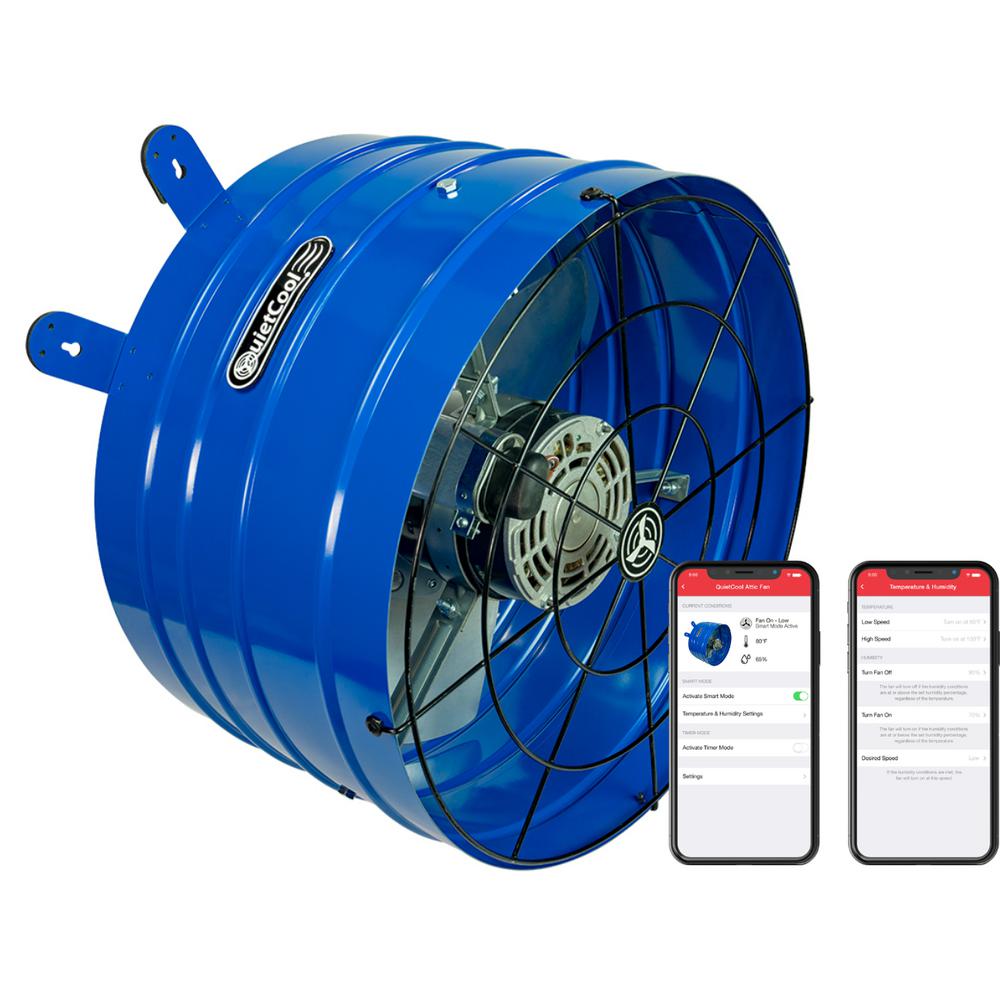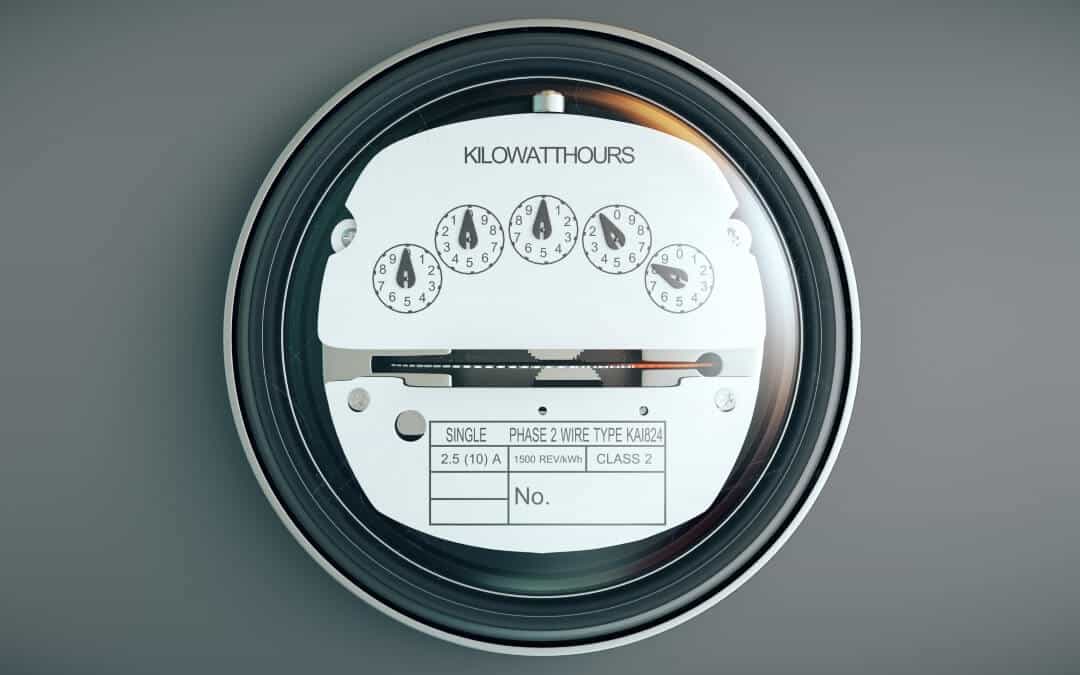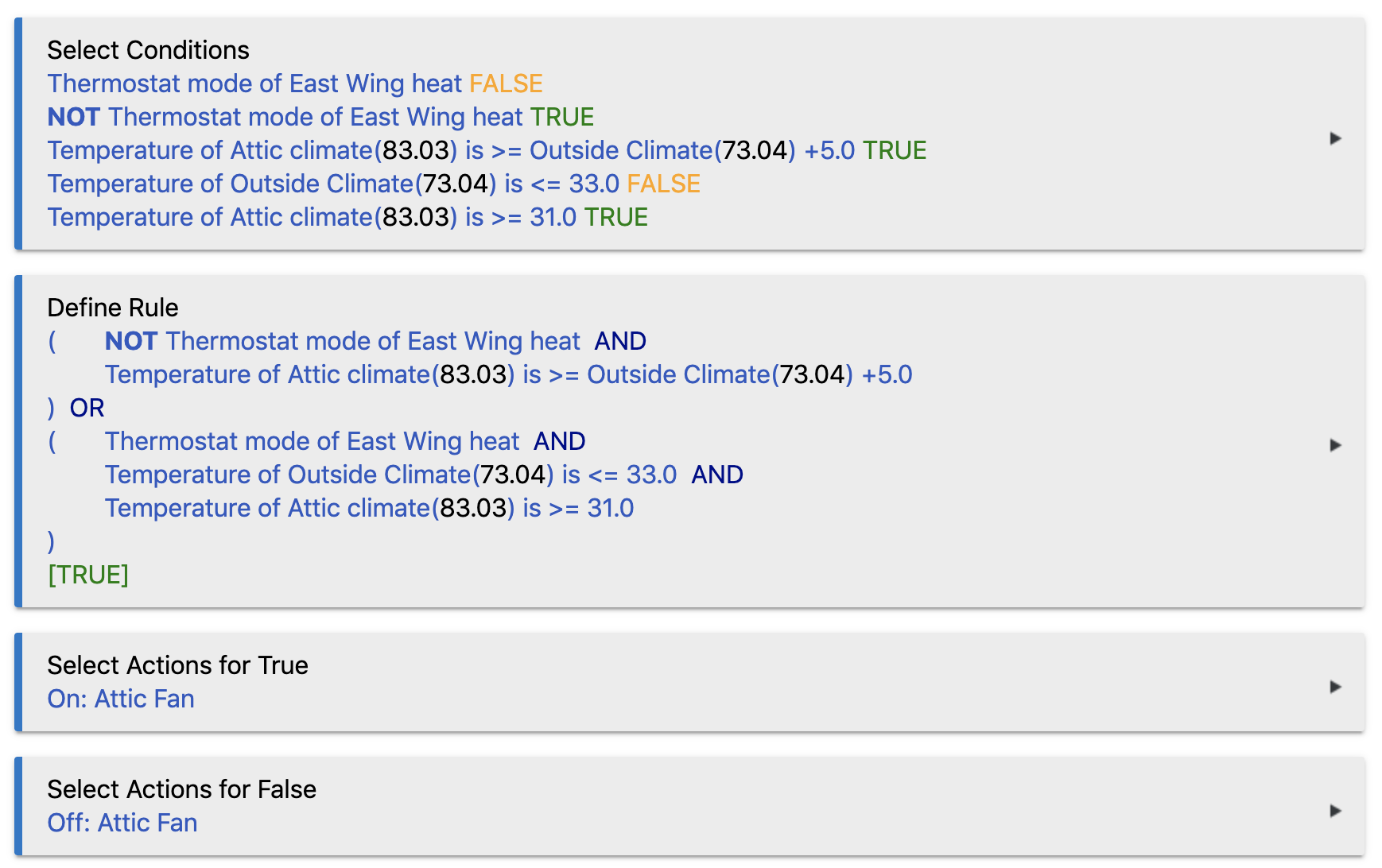Attic Fan Settings In Summer

When it comes to adjusting the thermostat of your attic s fan it s best to adjust it to approximately 90 to 95 degrees.
Attic fan settings in summer. Eliminating mold and mildew on the roof structure is the ultimate goal. In the summer you can drastically reduce the temperature in the attic helping to lengthen the life of the roofing shingles and sheathing. What temperature should attic fan be set at. Your attic products every one of the things in prosperity.
Attic fans can serve a year round function. Attic fan humidistat setting summer. Hot summer weather poses the opposite problem for maintaining recommended attic temperatures. You home attic can and likely will reach temperatures of 140 160 degrees on days when it s 85 95 degrees outside this summer.
In particularly hot climates set the temperature higher to keep the fan from running for extended periods of time. Typically these devices are used in summer when the temperatures are high exceeding 49 degrees celsius. Some can have manual switches while others use a thermostat to turn them on and off automatically. Ideal attic temperatures shouldn t be more than 10 to 20 degrees hotter than outside temperatures.
Also you place it on the roof top or gable mounted. Attic fan thermostat settings how to choose. This reduces attic moisture. Of course some environments are much hotter than others so this will be the perfect time to measure out how warm your attic will get during the most heated of seasons.
In summer the thermostat operates the fan when the attic temperature reaches a preset level usually 90 to 95 degrees f. Attic ventilation fans are one of the quickest and easiest ways a homeowner can almost instantly help their homes central cooling system work more efficiently. In winter the humidistat operates the attic fan when the relative humidity exceeds a preset level usually 40 to 50. It allows you to turn your thermostat up a few degrees.
Ceiling fan direction in summer a ceiling fan should rotate counterclockwise in the summer so the blades push cooler air down in a column. Most manufacturers and contractors recommend a temperature setting between 100 and 110 degrees fahrenheit.






